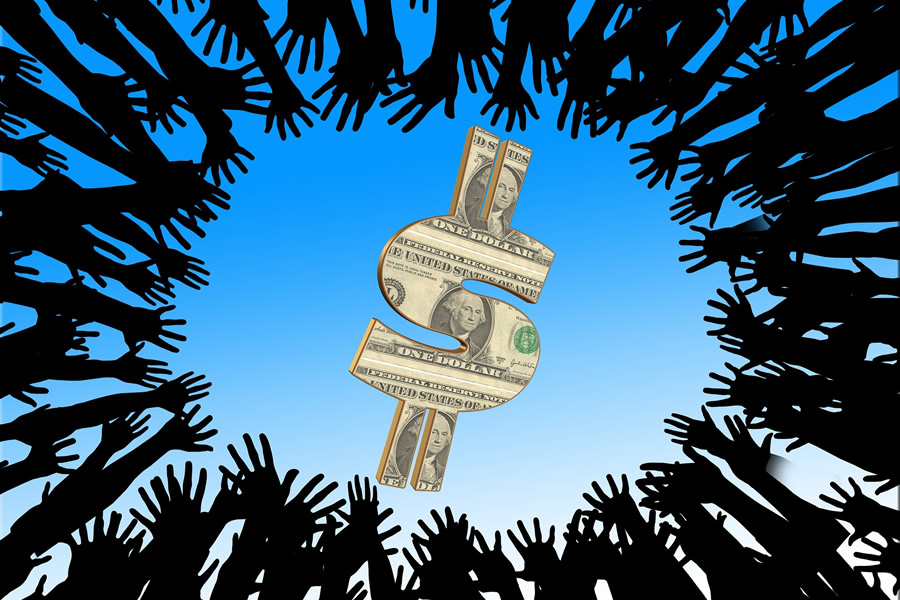Recent political developments have focused much attention on the perceived need for the reform of the legal or “tort” system.
This is a negative development for every American who eats, breathes, drives, buys consumer goods or services, or does business.
Many politicians and such institutions as the US Chamber of Commerce and American Enterprise Institute have done a great disservice to the public by promoting a propaganda campaign to limit access to the courts. Complaining about the so-called (but non-existant) “law suit crisis” and the perceived need for tort reform, they are in fact not motivated by concern for the well being of the general public. Most proponents of tort reform either do not want to take responsibility for their actions or seek to use lawyers as undeserving scapegoats for political and economic gain, no matter the effect on our society.
As an example, the enactment of blanket legislation regarding the value of a human life or limiting punitive damages under the guise of “tort reform” gives license to manufacturers to use a cost-benefit analysis when deciding whether and how to implement safety measures in their products. How much do you think your life is worth? How about your spouse? Your parents? Your children? Their lives may literally depend on an executive’s decision to install a $5 car part that is less safe than a $10 part—but that is more likely to increase his or her company’s profitability because a jury’s discretion whether to award punitive damages has been taken away by some politician who is ignorant of the facts of that particular case.
Consider that an outdated federal standard allows auto manufacturers to build seat backs that collapse in collisions. It is estimated that fixing the design of these seat backs would save 400 lives a year at very little cost to the manufacturers. Without the threat of litigation, however, these manufacturers will have less incentive to make these seat backs safer because the government regulation has not been updated. When legislatures take away from juries the right to value human life or to award punitive damages, they tend to give corporations a “free pass” to manufacture cars, build roads, develop pharmaceuticals, and sell other products with less concern for the value and sanctity of human life than for their bottom lines.
Law suits and lawyers by and large make us safer, make our society more fair, and do more to mete out justice than many realize. It was lawyers who achieved such major victories for society as the abolition of the exploding fuel tanks of the Pinto and certain GM model pickup trucks. Lawyers removed dangerous drugs and consumer goods from the market. Lawyers assailed companies who once poisoned the environment with impunity. And, lawyers made our society more fair and equitable with the great civil rights crusades and the pursuit of equal rights in the work place for women and minorities.
Consider how ironic it is that many if not most plaintiffs whose rights are threatened by the positions championed by the Chamber of Commerce are actually businesses themselves: businesses that have been wronged and have no choice but to resort to the legal system to get their due. Breach of contract. Delivery of defective goods. Fraud. Theft of trade secrets. Missing deadlines. Negligent construction. False advertising. Junk faxes. These are all activities to which businesses, large and small, most often fall victim.
The fact is the legal system is not broken. While there certainly are abuses, lawsuits are not out of control in the way portrayed by politicians and irresponsible media reporting. In fact, there are fewer jury trials in the United States today than there were twenty years ago. And, in real terms the sizes of jury verdicts are actually at or below their levels of a decade or two ago. Law suits against doctors and hospitals represent less than one percent of recent increases in medical costs—even though some estimates peg the number of patients who die needlessly from medical negligence every year at over 100,000—thirty-three times the number killed during the September 11th terrorist attacks. And very few of these deaths result in any type of claim or settlement because of the medical industry’s ability to cover up its mistakes.
The American Association for Justice is an excellent source of information to counter propaganda and debunk myths generated by those who would put their “thumbs” on the scales of justice: why jury verdicts are not the reason for high insurance rates, why forced arbitration is a way corporate America avoids proper accountability and strips constitutional rights, and the hypocrisy of the U.S. Chamber of Commerce’s “Do-as-I-say, Not-as-I-Sue” attitue.
Finally, ask yourself whether your assumptions about the legal system might need to be reexamined. What do you really know about events such as the McDonald’s “Hot Coffee” case? You might be surprised how your perceptions and attitudes have been shaped (possibly incorrectly) by the media. An eye-opening movie has recently been released that focuses on this case and its societal impact: hotcoffeethemovie.com/ You might be surprised who really profited from the lawsuit against McDonald’s in terms of the propaganda value that it generated for the US Chamber of Commerce and similarly-situated actors.
We respectfully ask that you inform yourself on the issue of tort reform from a variety of perspectives and that you get involved as best you can. You might not believe it, but your rights and your well being are truly at stake.

